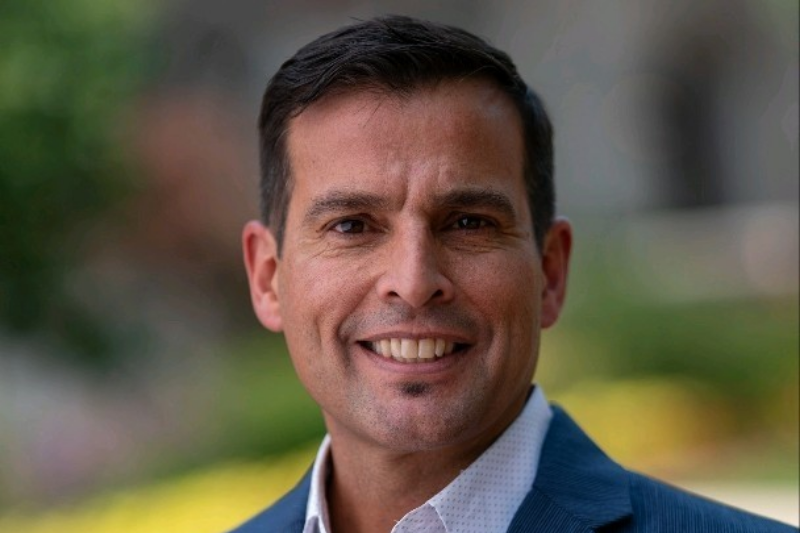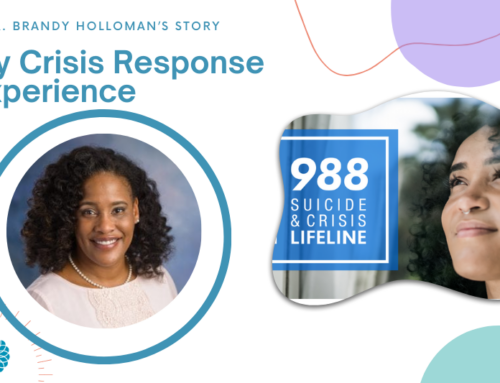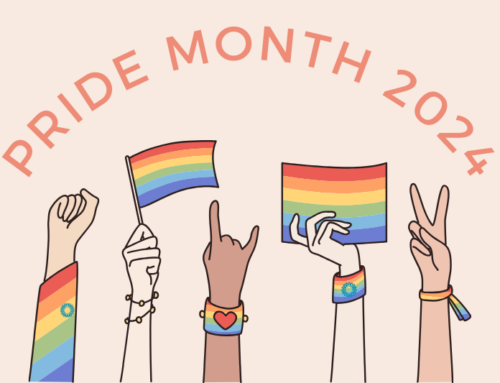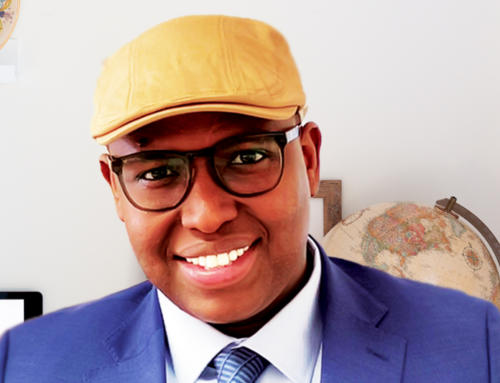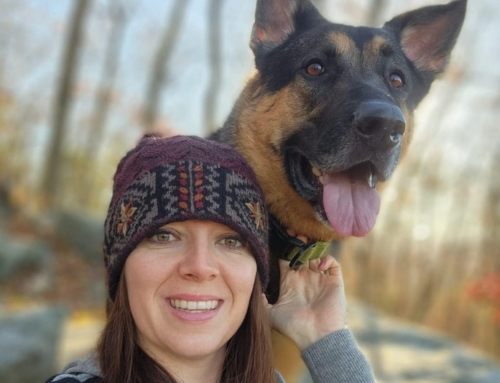With a background in K-20 education, consultation, and organizational development, Scott van Loo has made a career out of equity work. Initially earning a bachelor’s degree in music, Scott’s passion for helping people led him to become a special education teacher and eventually an assistant elementary school principal. He later became the director of the Cesar Chavez Cultural Center at the University of Northern Colorado, and, most recently, he earned a role as the director of the Learning Effectiveness Program at the University of Denver. Today, Change Matrix (CM) is excited to welcome Scott to the team as change consultant.
Though still new to his role, Scott spared a few moments to share more about his background, what drives his passion for this work, and the projects he’s most excited to get started on.
What drew you to CM?
There were several aspects. I think one is that, like all of the people at CM, I also have a deep commitment for equity and a desire to have an impact in this field of equity work. The opportunity to have that impact nationally was really exciting, along with the opportunity to work with such an amazing staff. Honestly, the very first thing that drew me to CM was the company values in the job description. I had never seen anything like that in an organization, and I immediately aligned myself with them. I could easily picture myself in a settinglike CM where I could really be my authentic self and do my best work.
What is your role at CM?
It’s still developing, but I’ll be on three different projects. I’ll work on the Colorado Equity Compass (CEC) team, where I’ll eventually take on additional responsibilities. I also hope to be contributing to supervising some staff and I’ll be a part of the Transforming Academia for Equity (TAE) grant where I’m working with outside consultants to CM, two individuals who are partnered with three different schools of public health at various higher education institutions. Finally, I’m working on the Region 9, Mental Health Technology Transfer Center, which has a great deal of exciting equity work and projects happening. Region 9 includes the Pacific southwest region and I am thrilled to be a part of an incredible team from CM partnering with the Region 9 center.
Which project or assignment are you most excited about?
They are honestly all exciting! With my background in the field of special education and administration, there were never any two days that were the same. Even with the best, most creative, well-made plans, something was always shifting or changing, so I’m used to having a couple of things going on at once — that’s exciting to me, especially as I continue to learn and integrate into CM. I think I’m a big picture person, and as I find out more about each of the projects I’m involved in and build relationships, I get excited for the work. With the TAE grant, we have an opportunity to work with site teams from each of the schools of public health, and I really enjoy being a part of that process of teams forming and taking on their own equity work. I love the dynamism of doing equity work, and that’s really exciting for me to come into this grant to work alongside these teams who will develop a vision of what they want to accomplish. I’m also really excited about, and feel the excitement around, CEC and the opportunities that it could be a model for other similar projects. And with the Mental Health Technology Transfer Center (MHTTC) Network, I am in awe of the equity work that my CM colleagues have led, and I am eager to join them in making an impact. I feel both honored and a deep responsibility to continue the legacy of work that our founders and CM team have started.
What unique skill do you think sets you apart from others?
I feel very privileged and fortunate that early in my career I got the opportunity to train with Dr. Julian Weissglass out of the University of California, Santa Barbara. His life’s work has been about working with people and teams and getting them to sit with the deeper elements of equity work and healing. So, that’s what I feel that I bring in: a unique understanding and experience and learning of how to move groups of people from very different backgrounds and identities to connect to themselves and each other, ultimately getting them to function and operate as a team — and not just a team but an equity team.
Why did you choose equity work?
I think the turning point for me was when I went to college many years ago and started having experiences that really changed the trajectory of my life, whether I was working with youth, creating friendships, or working with peers or colleagues who were very different from me. At that point in my life, I remember making that commitment to a deep equity dive into my own life and to my career. I feel like I grew up in a family that was very conscious of fairness and equity, treating people with kindness and was very giving. My mother’s side of my family is Lebanese, and my grandparents emigrated here to the United States. On my father’s side of my family and even though they faced economic challenges, I have a family history of privilege and connection to dominant culture with my Dutch heritage and background. So, I have these two different family origin stories, and it’s just how I walk through the world. And, continually engaging in my own work around what that identity means to me, I bring that awareness into my work. What’s interesting is that I don’t think that “equity work” should be a question anymore in this day and age; it should be what we all do. But, there is still so much that needs to be done to make systemic and institutional equity changes, and I am grateful to be part of this amazing organization that is doing this kind of work.
